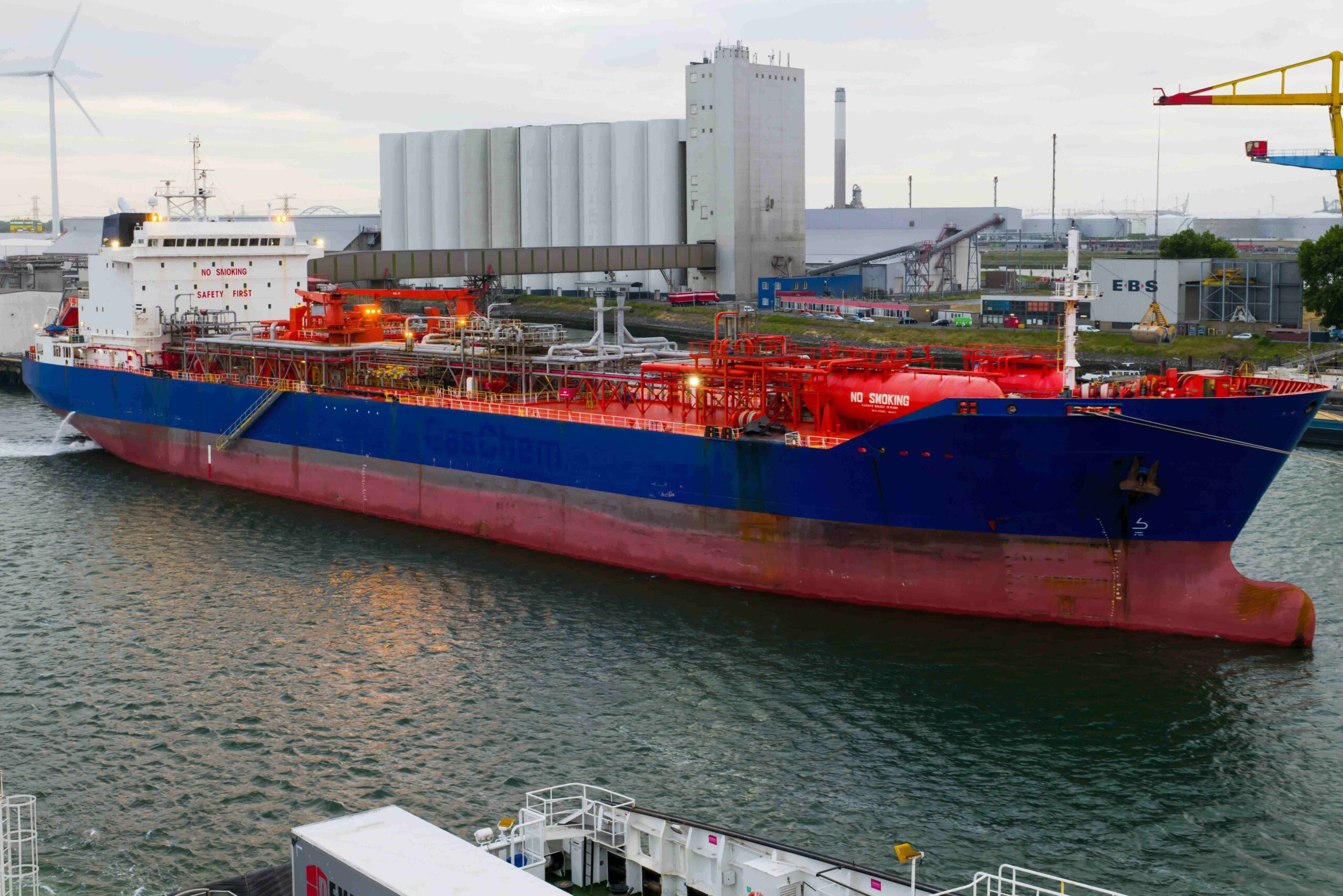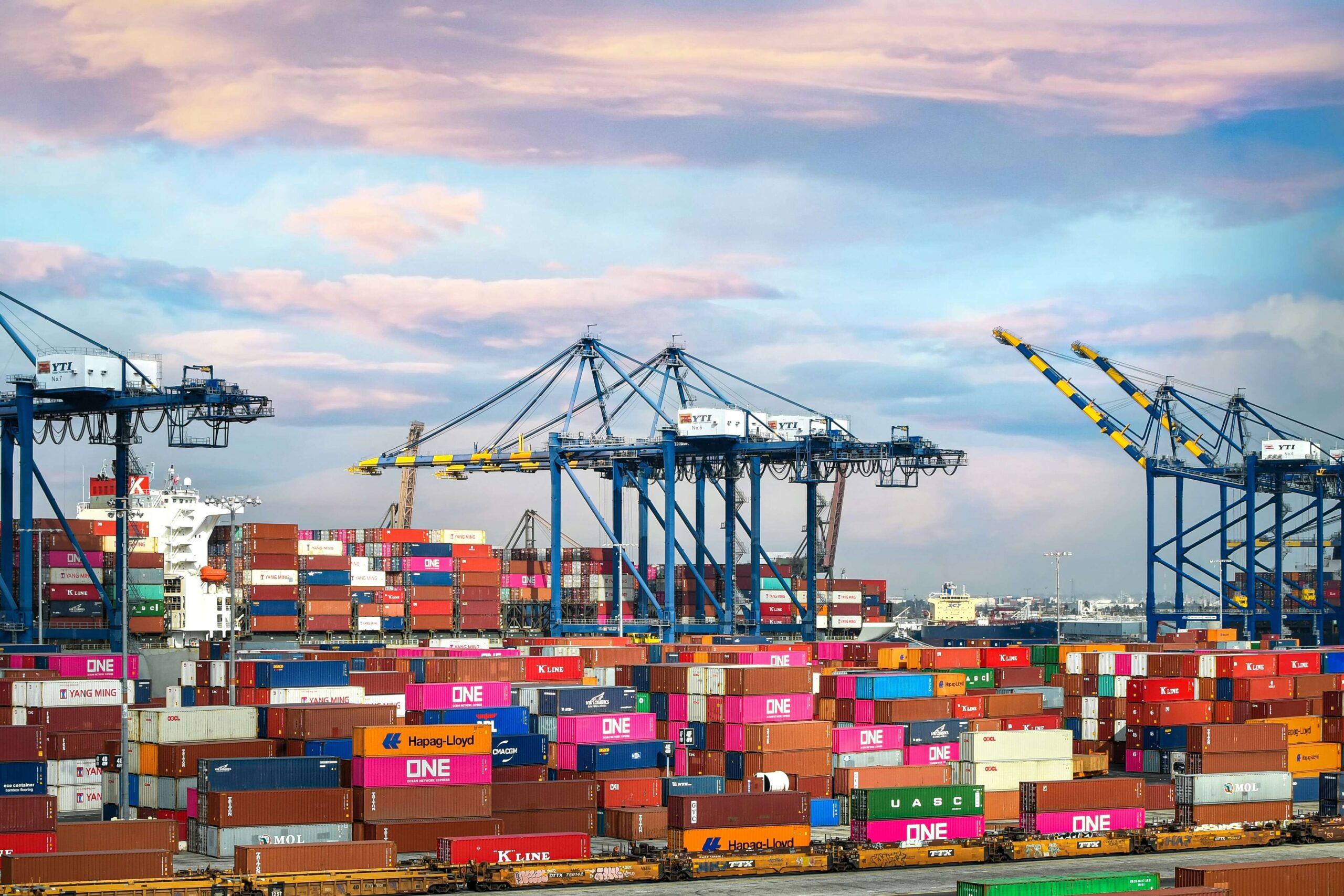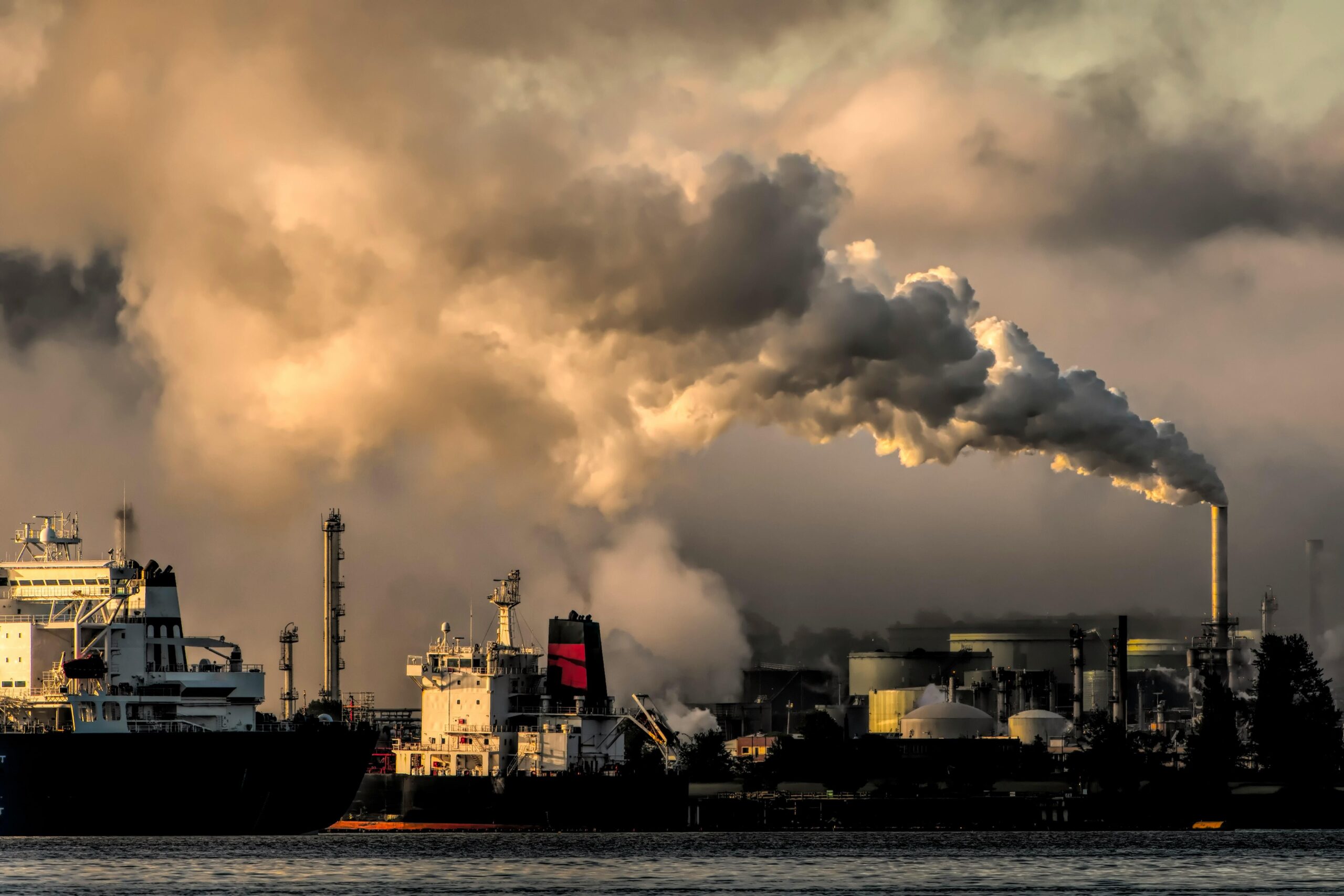
Welcome To Bunkering Knowledge
Trending 10
Role of Blockchain in Bunker Fuel Supply Chain Transparency
In the complex and globalized maritime industry, ensuring transparency and accountability within the bunker fuel supply chain is crucial for
Impact of COVID-19 on the Bunker Fuel Industry
Introduction The COVID-19 pandemic has profoundly affected global industries, and the bunker fuel industry is no exception. Bunker fuel, essential
Impact of IMO 2020 regulations on marine fuel supply
Introduction In a landmark move toward a cleaner and more environmentally conscious maritime industry, the International Maritime Organization (IMO) set
Impact of Economic Sanctions on Bunker Fuel Availability
Economic sanctions have emerged as a powerful tool in international diplomacy, aimed at influencing the behavior of nations and entities.
Bunker Fuel Quality: Standards and Regulations
Bunker fuel quality is essential for maritime operations, affecting engine performance, maintenance costs, and environmental impact. Maintaining high-quality bunker fuel
Performance Characteristics of Residual vs. Distillate Marine Fuels
Introduction Marine fuels are essential for the operation of the global shipping industry, with two primary categories being residual and
The Success of LNG-Powered Vessels
In the maritime sector’s pursuit of sustainable and efficient fuel alternatives, LNG (Liquefied Natural Gas) has emerged as a leading
Fueling the Seas: An In-Depth Exploration of Bunker Pricing and Market Dynamics
Introduction: Bunker fuel, the life force of the maritime industry, stands as a pivotal element in propelling the world’s fleet
Bunker Fuel Supply Chain and Logistics: Ensuring Efficiency and Reliability
Bunker fuel stands as the essential energy source for maritime shipping, powering vessels that traverse the world’s oceans with goods
Impact of Climate Change Policies on Bunker Fuel Industry
In recent years, global efforts to combat climate change have intensified, leading to significant regulatory changes and policy shifts across









